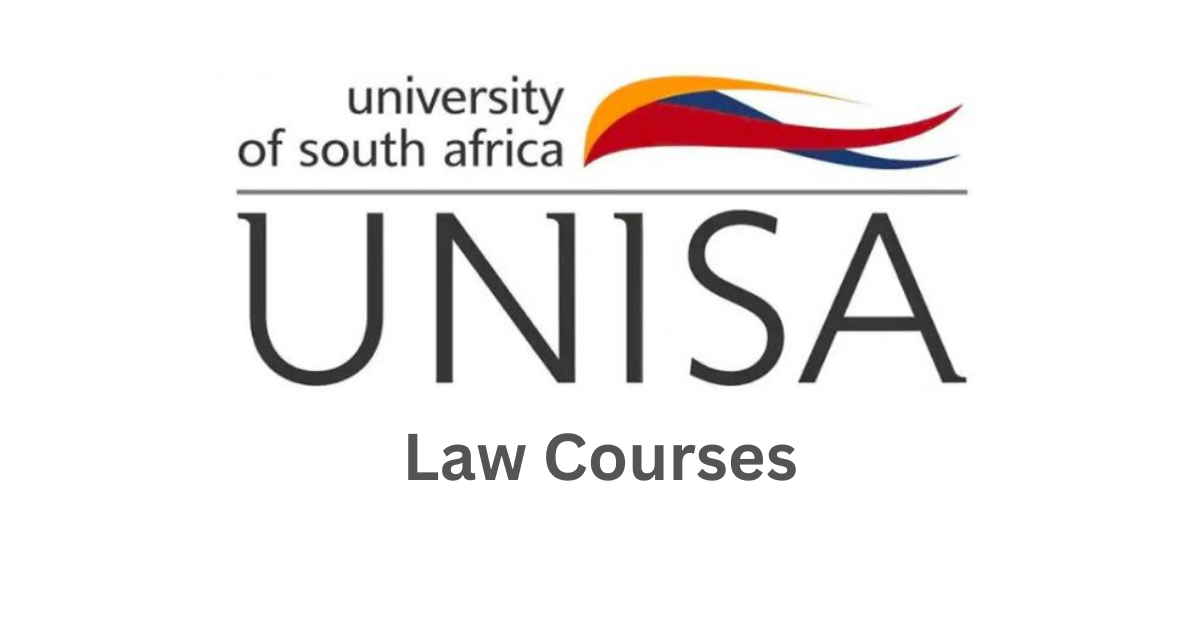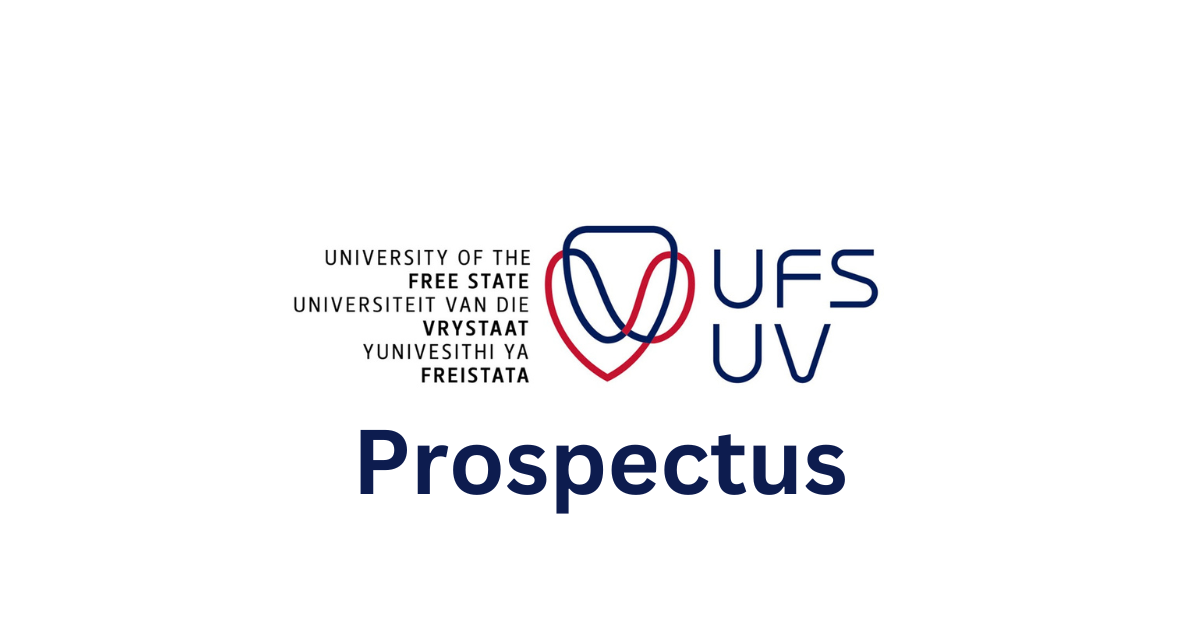The University of Pretoria (UP) is one of South Africa’s premier institutions, renowned for its cutting-edge programs in Engineering, Built Environment, and Information Technology. The Faculty of Engineering, Built Environment, and Information Technology (EBIT) is a beacon of academic excellence, innovation, and industry collaboration. It prepares students to meet global challenges with a commitment to technological advancement and sustainable development.
This article provides a comprehensive overview of the courses offered by the EBIT faculty, highlighting the categories of courses, qualifications, course requirements, and application steps.
Categories of Courses
The EBIT faculty at the University of Pretoria is divided into three core areas: Engineering, the Built Environment, and Information Technology. Each category offers a diverse range of undergraduate and postgraduate programs to equip students with theoretical knowledge and practical expertise.
1. Engineering Programmes
The engineering courses at UP focus on creating problem-solvers and innovators who can design solutions for real-world challenges. These programs are accredited by the Engineering Council of South Africa (ECSA), ensuring international recognition.
Undergraduate Degrees:
- BEng Civil Engineering: Covers the design and construction of infrastructure such as roads, bridges, and water systems.
- BEng Mechanical Engineering: Focuses on designing, manufacturing, and maintaining mechanical systems.
- BEng Electrical Engineering: Explores electrical systems, power generation, and automation.
- BEng Chemical Engineering: Combines chemistry, physics, and biology to address industrial processes.
- BEng Mining Engineering: Equips students to manage mining operations sustainably and efficiently.
Postgraduate Degrees:
- Master’s and PhD programs in various engineering disciplines, with options for coursework or research-based studies.
2. Built Environment Programmes
These programs aim to shape the physical and social environment sustainably and innovatively.
Undergraduate Degrees:
- BSc Architecture: A three-year degree focusing on architectural design, theory, and technology.
- BSc Construction Management: Prepares students for leadership roles in the construction industry.
- BSc Quantity Surveying: Focuses on the financial and contractual aspects of construction projects.
- Bachelor of Town and Regional Planning (BTRP): Equips students to design and manage urban and rural environments.
Postgraduate Degrees:
- Advanced diplomas, Master’s, and PhDs in Architecture, Urban Planning, and Construction Management.
3. Information Technology Programmes
UP’s IT programs focus on developing tech-savvy graduates ready to tackle the digital transformation of industries.
Undergraduate Degrees:
- BSc Computer Science: Covers programming, algorithms, and software engineering.
- BSc Information and Knowledge Systems: Combines IT with business and knowledge management.
Postgraduate Degrees:
- Masters and PhD programs in Computer Science, Artificial Intelligence, and Information Security.
Qualifications
The qualifications offered by the EBIT faculty cater to a wide range of academic levels, from undergraduate to doctoral programs.
1. Undergraduate Qualifications
- Bachelor of Engineering (BEng): A professional degree preparing students for careers in engineering.
- Bachelor of Science (BSc): Offered in fields like Architecture, Computer Science, and Information Systems.
- Bachelor of Town and Regional Planning (BTRP): A specialized degree for urban and regional planners.
2. Postgraduate Qualifications
- Honors Degrees: One-year programs offering advanced knowledge in fields such as Computer Science or Urban Planning.
- Master’s Degrees: Available as research-based or coursework programs in disciplines like Engineering Management and Architecture.
- Doctoral Degrees (PhD): Research-intensive qualifications focusing on creating new knowledge in specialized areas.
Course Requirements
The University of Pretoria maintains rigorous admission standards, ensuring that students are well-prepared for the academic demands of EBIT programs.
1. Undergraduate Admission Requirements
- National Senior Certificate (NSC): A matriculation certificate with university exemption.
- Minimum APS Score: Admission Point Score requirements vary but generally range between 30 and 35, depending on the program.
- Specific Subject Requirements:
- Mathematics: A minimum of 70-80% is required for most engineering and IT programs.
- Physical Sciences: At least 60-70%, depending on the course.
- English: A minimum of 60% is required as it is the primary language of instruction.
2. Postgraduate Admission Requirements
- Relevant Undergraduate Degree: A bachelor’s degree in a related field with strong academic performance.
- Academic Performance:
- Honors: A minimum average of 65% in undergraduate studies.
- Master’s and PhD: Excellent academic records, relevant honors or master’s degree, and research experience.
- Research Proposal: For research-based master’s and doctoral programs, a detailed proposal aligned with faculty research priorities is necessary.
- Professional Experience: For certain programs, such as Engineering Management, professional work experience is an added advantage.
How to Apply
The University of Pretoria’s application process for EBIT programs is straightforward and fully online, ensuring accessibility for local and international students.
1. Research Your Options
Start by exploring the university’s website to identify programs that align with your career goals. Review the course content, career opportunities, and specific admission requirements.
2. Prepare Application Documents
Applicants should gather the following:
- Certified copies of academic transcripts and certificates.
- Proof of identification (passport for international students).
- A personal statement or motivation letter (if required).
- Research proposal (for postgraduate applicants).
- Proof of English proficiency (e.g., TOEFL or IELTS) for non-native speakers.
3. Submit Your Application Online
Applications are submitted via the University of Pretoria’s online application portal:
- Create a profile and complete the application form.
- Upload all required documents.
- Pay the non-refundable application fee.
- Apply the specified deadlines.
4. Selection Process
Applications are assessed based on academic merit and alignment with program requirements. Shortlisted candidates for postgraduate studies may be invited for interviews or additional evaluations.
5. Acceptance and Registration
Successful applicants will receive an offer letter with instructions for registration, orientation, and tuition payment.
Why Choose the University of Pretoria for EBIT Courses?
1. World-Class Facilities
UP boasts state-of-the-art laboratories, computing facilities, and design studios that enhance learning and innovation.
2. Industry Collaboration
The EBIT faculty maintains strong ties with industries, providing students with internship opportunities and real-world project experience.
3. Global Recognition
Degrees from UP are internationally recognized, opening doors to careers worldwide.
4. Research Excellence
The faculty is a leader in research areas such as sustainable engineering, artificial intelligence, and smart cities.
5. Student Support Services
UP provides comprehensive support, including academic advising, career counseling, and mentorship programs.
6. Diverse Career Paths
Graduates from EBIT programs find opportunities in fields ranging from software development to urban planning and renewable energy.
Conclusion
The University of Pretoria’s Faculty of Engineering, Built Environment, and Information Technology offers a transformative education for those seeking to lead in technical and design-oriented fields. With a blend of rigorous academics, practical training, and research excellence, the faculty equips students to drive innovation and make meaningful contributions to society.
For more information or to start your application, visit the University of Pretoria’s official website.



